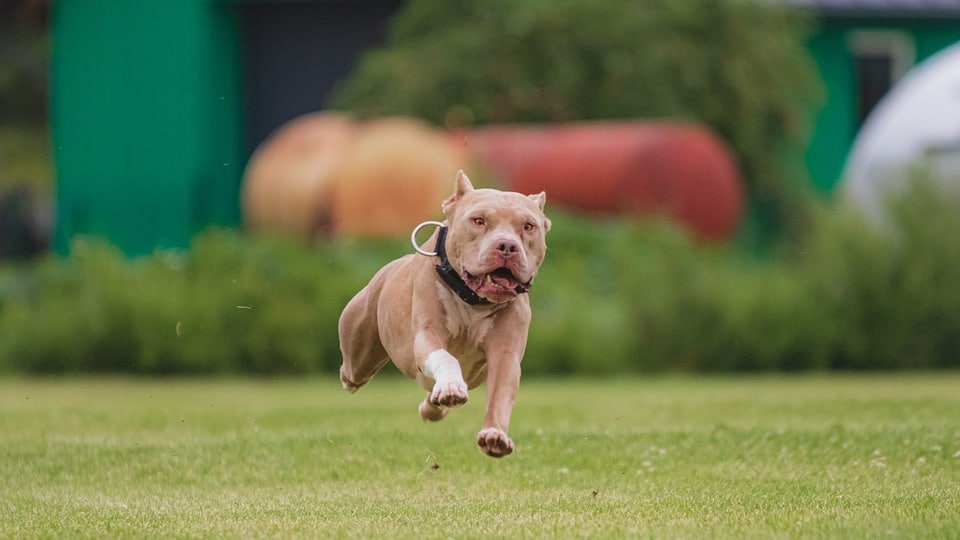Keeping Your Dog Safe & Healthy: The Importance of Annual Vaccinations

As pet owners, our dogs’ health and safety are always top priorities. One of the most essential aspects of responsible dog ownership is ensuring that our furry friends receive their annual vaccinations. Vaccinations play a critical role in preventing the onset of various diseases and keeping dogs safe from harmful illnesses.
Why Are Annual Vaccinations Important?
Vaccinations are crucial for maintaining your dog’s overall health and well-being. They provide protection against contagious diseases that can be severely detrimental or even fatal to dogs. By vaccinating your dog annually, you are taking preventive measures to keep them safe from potentially life-threatening diseases.
Vaccines work by introducing harmless pieces of pathogens or weakened viruses into the body. This introduction stimulates the immune system to create specific antibodies to fight against these pathogens. If the dog encounters the actual pathogen in the future, their immune system will be prepared to quickly eliminate the threat.
Annual vaccinations are necessary because the immunity provided by some vaccines gradually diminishes over time. Regular booster shots help to maintain adequate protection levels, ensuring that your dog stays safe and healthy.
Common Vaccinations for Dogs
There are several essential vaccines that every dog should receive to maintain optimal health. Here are some of the most common vaccines recommended by veterinarians:
1. Rabies Vaccine

The rabies vaccine is one of the most important vaccinations for dogs as it prevents a deadly viral disease that can affect all mammals, including humans. Rabies is transmitted through the saliva of an infected animal, with dogs being significant carriers of the virus. Vaccinating your dog against rabies not only protects them but also prevents the spread of the disease to other animals and humans.
2. Distemper Vaccine

Canine distemper is a highly contagious viral disease that can be lethal for dogs. It affects multiple body systems, including the respiratory, gastrointestinal, and nervous systems. Vaccination against distemper is vital to protect your dog from this serious and often fatal illness.
3. Parvovirus Vaccine

Parvovirus is an extremely contagious virus that mainly affects young puppies. It attacks the gastrointestinal tract and can cause severe vomiting, diarrhea, and dehydration. Vaccinating your dog against parvovirus is essential to prevent this highly contagious and potentially fatal disease.
4. Adenovirus Type 2 (Hepatitis) Vaccine

Adenovirus type 2, also known as canine hepatitis, is a viral disease that primarily affects the liver. It can cause symptoms like fever, abdominal pain, and jaundice. Vaccination against adenovirus helps prevent the onset of this potentially life-threatening illness.
5. Bordetella Vaccine (Kennel Cough)

Kennel cough, scientifically known as infectious tracheobronchitis, is a highly contagious respiratory disease among dogs. It is commonly transmitted in places where dogs come into close proximity, such as boarding facilities, grooming salons, or dog parks. Vaccinating your dog against kennel cough is crucial, especially if they frequently interact with other dogs.
FAQs About Annual Dog Vaccinations
Conclusion
Annual vaccinations are vital for keeping your beloved furry companion safe and healthy. The proper immunization of your dog not only protects them but also prevents the spread of contagious diseases to other animals and even humans. By staying up to date with the recommended vaccinations for your dog, you can ensure their well-being and provide them with the best quality of life possible.

